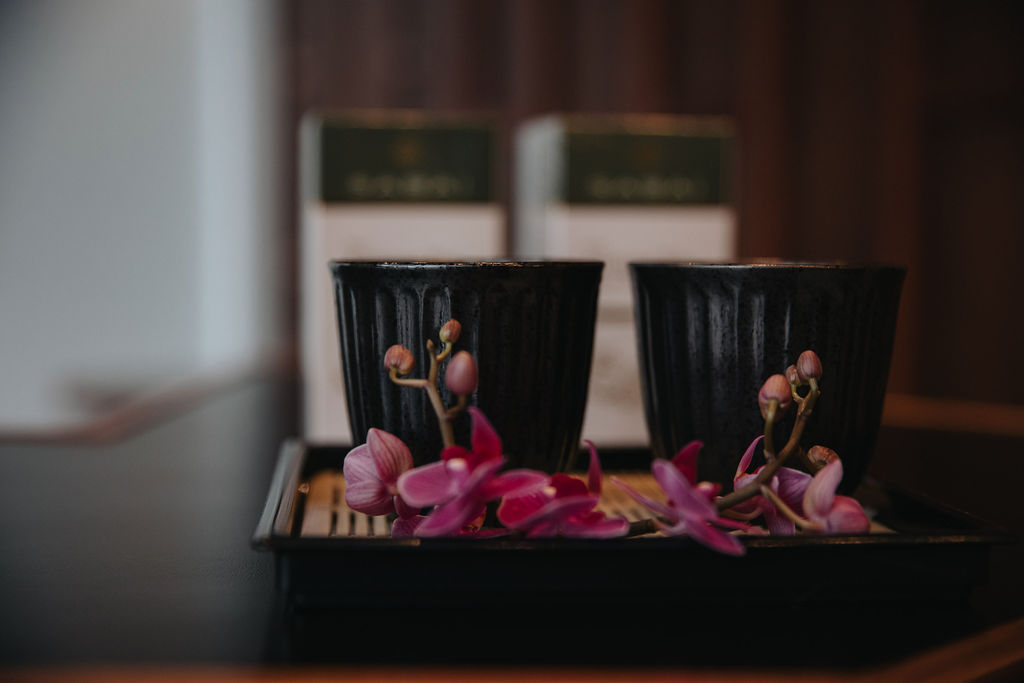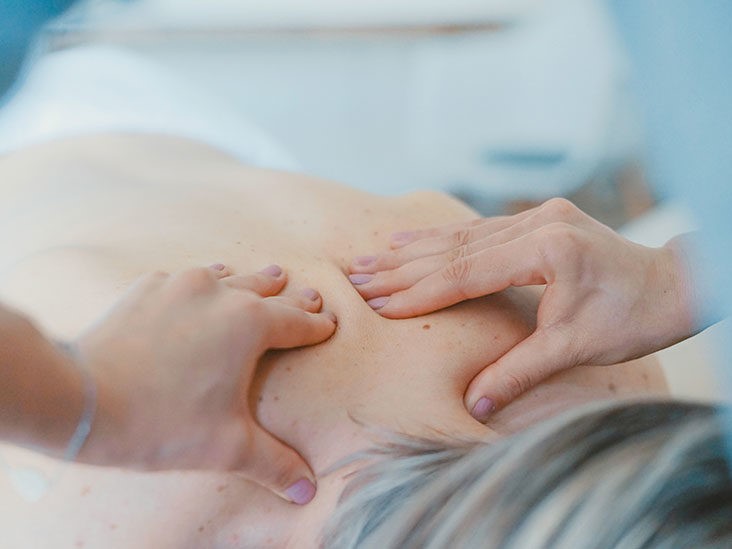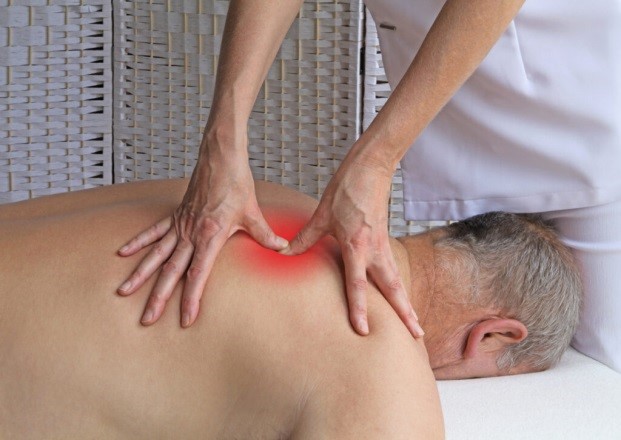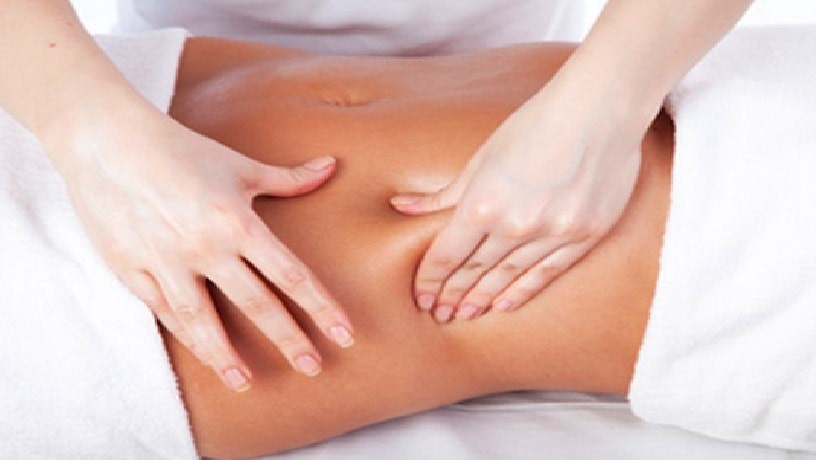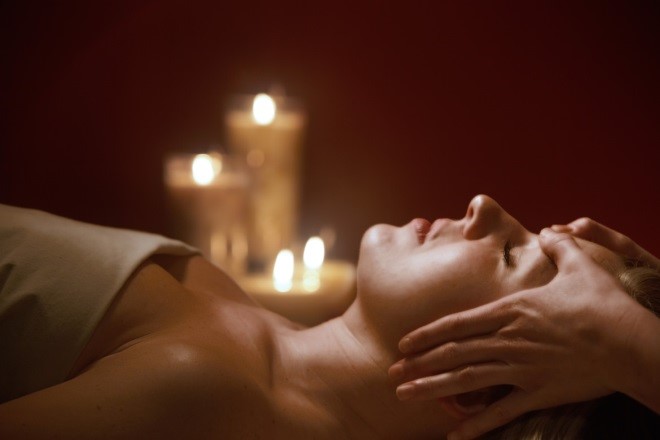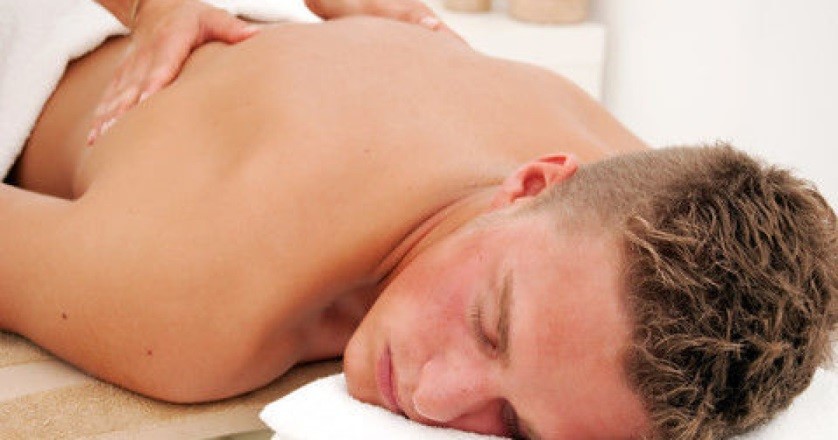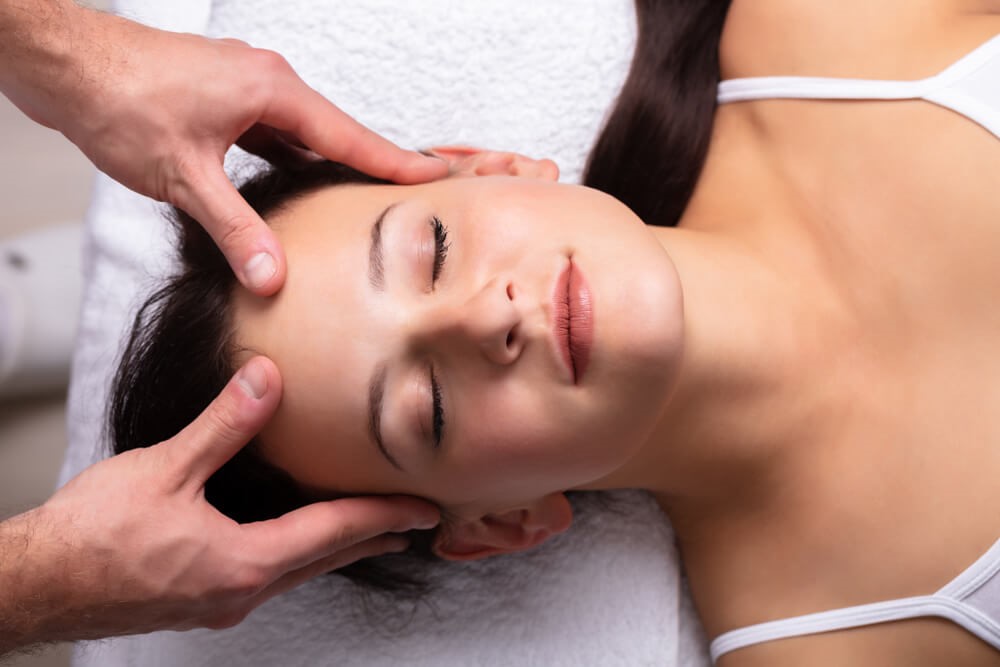Impact of Stress and How Massage Therapy Can Help
Stress is a typical piece of life. We have all experienced it at some point. However, it’s when stress begins influencing our lives that it can become hindering to our wellbeing. An ideal approach to battle and lessen stress is by participating in exercises that permit us to feel more present and relaxed. Anti-stress massage therapy is a known method to battle stress and decreases its adverse consequences on the psyche and body.
It has been shown that even only ten minutes of massage can enact the body’s natural happiness hormones and making you feel calmer and less stressed. The mood-enhancing advantages of massage cause it simpler to feel more peaceful and in charge, decreasing anxiety and normally quieting the body’s fight-or-flight response.
Symptoms of Stress
While stress is essential to our survival, if your fight-or-flight response is constantly turned on, it can prompt an assortment of indications that might hinder your health.
Some of the most prevailing symptoms of stress are:
· Shortness of breath
· Heart shivers
· Insomnia
· Increased sweating
· Increased pulse
· Tightness in the chest
· Knotted stomach
· Headaches
· Depression and anxiety
These responses to stress prompting occasions or conditions unleash devastation on your nervous system. When under stress, your body needs to work harder with an end goal to convey solid oxygen and blood supply. In case you’re encountering ongoing stress, your body is likewise keeping up with a flood in glucose levels, increasing your danger of type 2 diabetes and stomach-related medical problems like heartburn and obstruction. If left unchecked, stress can bring down the body’s immune system making you more inclined to disease and even prompt reproductive problems in both genders.
For a rejuvenating experience that complements the benefits of an anti-stress massage, visit Sabai Thai Spa Langley for their range of therapeutic treatments.
When can Massage Therapy be applied to Reduce Stress?
Massage can be utilized to treat stress in any situation. Stress can be identified with physical or emotional occasions throughout everyday life, for example, work-life, wellbeing, or sporting performances. An anti-stress massage can treat almost every kind of stress. It can reduce stress and enhance mood by stimulating feel-good hormones, invigorating the parasympathetic nervous system, and advancing relaxation.
1. Massage Techniques to Reduce Stress
Different procedures are utilized to eliminate stress. The procedures most regularly utilized include:
2. Deep Strokes
Deep strokes are routinely used to decrease stress. It includes utilizing a firm pressure to get deep inside muscle tissues. A ton of muscle stress can regularly come from more deep tissues, just as shallow. Stress found further inside muscle tissues can cause expanded torment and limited movement. Deep strokes increment muscle temperature to expand tissue elasticity. Expanding tissue elasticity relaxes muscles and diminishes stress and strain. Decrease of stress inside muscles additionally diminishes agony and increases movement.
3. Trigger Pointing
Trigger pointing is a viable procedure used to lessen stress. A trigger point is found in the focal point of a muscle fiber. Trigger points are a development of stress and pressure that creates muscular knots. Trigger points can cause alluded agony, migraines and can increment mental stress. Fingers and thumbs are utilized during trigger pointing to apply a firm pressing factor. As the pressing factor is applied, an ischemic response happens.
An ischemic response is where blood flow is limited to a space and afterward increments when pressure is released. Before the pressing factor is delivered, the pressure applied will begin to mellow, causing a numbing sensation. At the point when the numbing sensation has happened, more pressure can be applied, relying upon how profound or how large the trigger point is or the pressing factor can be delivered. Relaxing and desensitizing the trigger point lessens headache and pain and alleviates both mental and physical stress.
Enhance your relaxation journey by exploring the services offered at Sabai Thai Spa Coal Harbour, where you can unwind with expert massage therapies.
4. Lymphatic Drainage
Stress can be decreased through lymphatic drainage. Lymphatic drainage includes the incitement of the lymphatic system to eliminate metabolic wastes more effectively. The development of metabolic wastes can happen after a surgery, injury, or overutilization of a muscle. They also increase muscular exhaustion and can bring pain and swelling. Muscular fatigue, swelling, and weakness can confine movement and keep wounds from recovering.
Limiting movement and forestalling healing can give rise to mental stress. An individual can become irritated not having the option to utilize the part of the body appropriately or getting back to their activity or game. A massage enlivens the lymphatic system. An assortment of long, profound strokes is utilized to flush out the metabolic toxins from the body and supplant them with healthy nutrients and oxygen. Flushing metabolic wastes from the body through lymphatic drainage decreases pain, restriction, and swelling. And as a result, a decrease in all these things reduces mental stress.
Key Benefits of Anti-Stress Massage
1. Massage Decreases Stress by Lowering Heart Rate
Massage therapy with lessening stress by bringing down the pulse. It builds temperature in the body and advances relaxation. At the point when the body unwinds, heart rate is lessened. Stress levels are eased, and the sensation of smoothness and comfort rises.
2. Massage Triggers a Relaxation Response
Massage urges the body to slow down, bringing it from increased tension to a more quiet, loosened upstate. The straightforward act of touch and methodic kneading welcomes the body to back off and sink into relaxation. This emotional reaction is lighted by the body’s natural joy and happiness hormone, serotonin. Serotonin balances out our temperament and assists with fundamental capacities like eating, sleeping, and digestion.
3. Massage helps with muscular tension
When you are feeling stressed, your body tightens up, making the muscles tense. With the guide of massage therapy, the muscles can get back to a relaxed state, lightening constant pain. Undeniable degrees of pressure in the body can make muscles reduce, limiting movement and causing torment. Anti-stress massage releases pressure by expanding tissue flexibility and stimulating the parasympathetic nervous system through different techniques, such as trigger point treatment, rubbing, stretching, and stroking. The muscle filaments become all the more warm and accessible. Patients might require more than one back rub to cure muscular pressure yet will, in any case, see significant outcomes after only one session.
4. Massage Releases Endorphins
Massage therapy likewise reduces stress by delivering endorphins that calm the peripheral nervous system. The peripheral nervous system is an integral part of the nervous system in the body. The role of the peripheral nervous system is the communication transfer between the cerebrum and extremities. Anti-stress massage stimulates the feeling good hormones into the peripheral nervous system permitting a message of smoothness and unwinding to be handed off. At the point when endorphins are delivered, stress-related hormones are diminished. This way, the sensation of stress is soothed.
5. Massage Reduced Blood Pressure
Anti-massage has been displayed to enhance the further circulation of the blood, thus assisting with reducing blood pressure. Massage treatment helps soothe the sympathetic nervous system, which is liable for increasing blood pressure due to stress. According to many studies, anti-stress massage or aromatherapy massage – the two simply relaxation-centered modalities – decreases blood pressure and heart rate more successfully than deep tissue or sports massage. This is in all probability because of how quieting; delicate touch delivers that serotonin chemical making our bodies self-direct and return to a characteristic and better capacity.
6. Massage Improves Sleep
Since massage can straightforwardly impact the body’s creation of serotonin, it can likewise assist with delivering the sleep hormone known as melatonin. Direct pressure and the control of muscles in the neck, back, and shoulders, and surprisingly the legs and feet trigger the creation of melatonin. The massage therapy treatment additionally decreases cortisol which is the stress hormone – which can influence your sleep pattern. In its place, the hormone dopamine settles your mood and makes that casual condition of being that is expected to sleep sufficiently. Anti-stress massage treatment can be enhanced with essential oils like lavender to entice the body into that euphoric state.
7. Massage helps with Mental Health
An anti-stress massage can advance our mental wellbeing by invigorating the receptors, nerves, and chemicals answerable for mood regulation. These receptors are activated during a moderate pressing massage – carrying remedial alleviation to the individual and, generally speaking, further developed mindset and wellbeing. Massage has additionally been displayed to increment vagal nerve movement, which is frequently low in depressed people. When this nerve is animated, cortisol levels decline to enter our bodies into a more loose and cheerful state.
Further research has shown that after a massage treatment, action in the right frontal lobe (the part connected with negative emotions) lessened and moved down to the left frontal lobe, which is answerable for stress regulation and mood.
Conclusion
An anti-stress massage can be one of the most fantastic stress busters accessible! Along with the calm, loosened-up environment of a massage therapy center, the massage treatment itself persuades our bodies into a further progressive condition of prosperity. Keeping in mind that stress can be briefly lightened with one back rub session, recognizing a drawn-out massage plan with a certified back rub specialist will be more gainful for customers in overseeing persistent stress.


